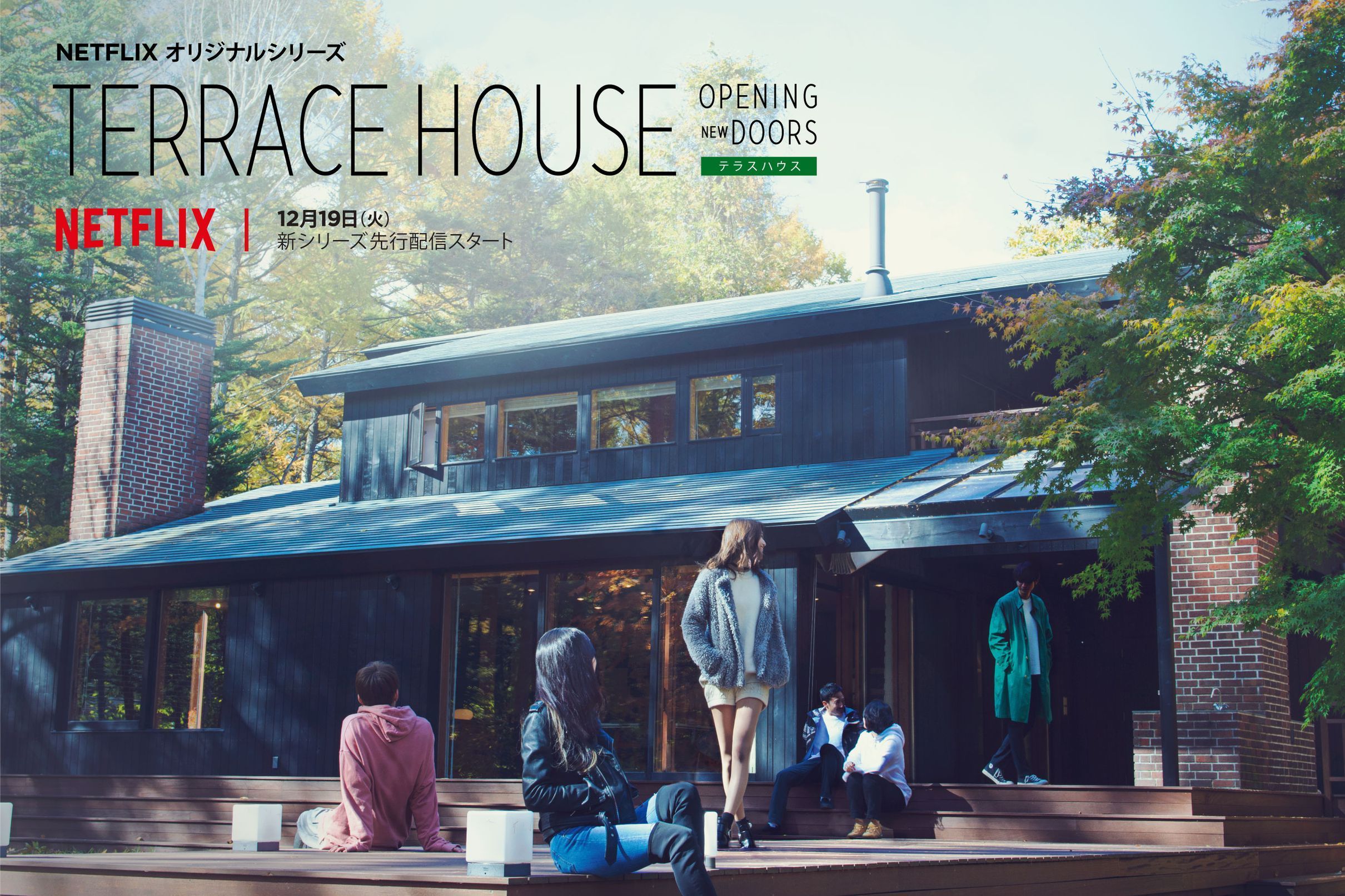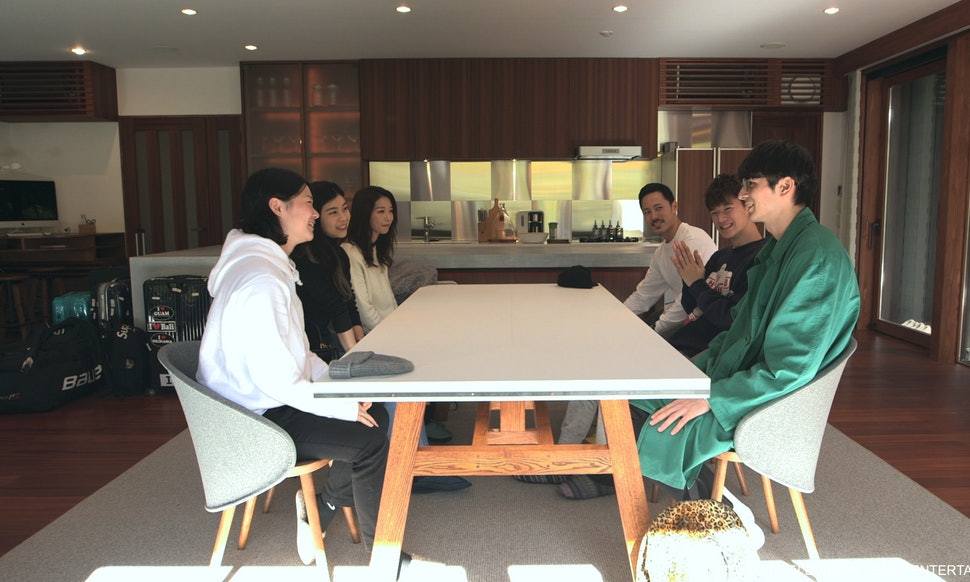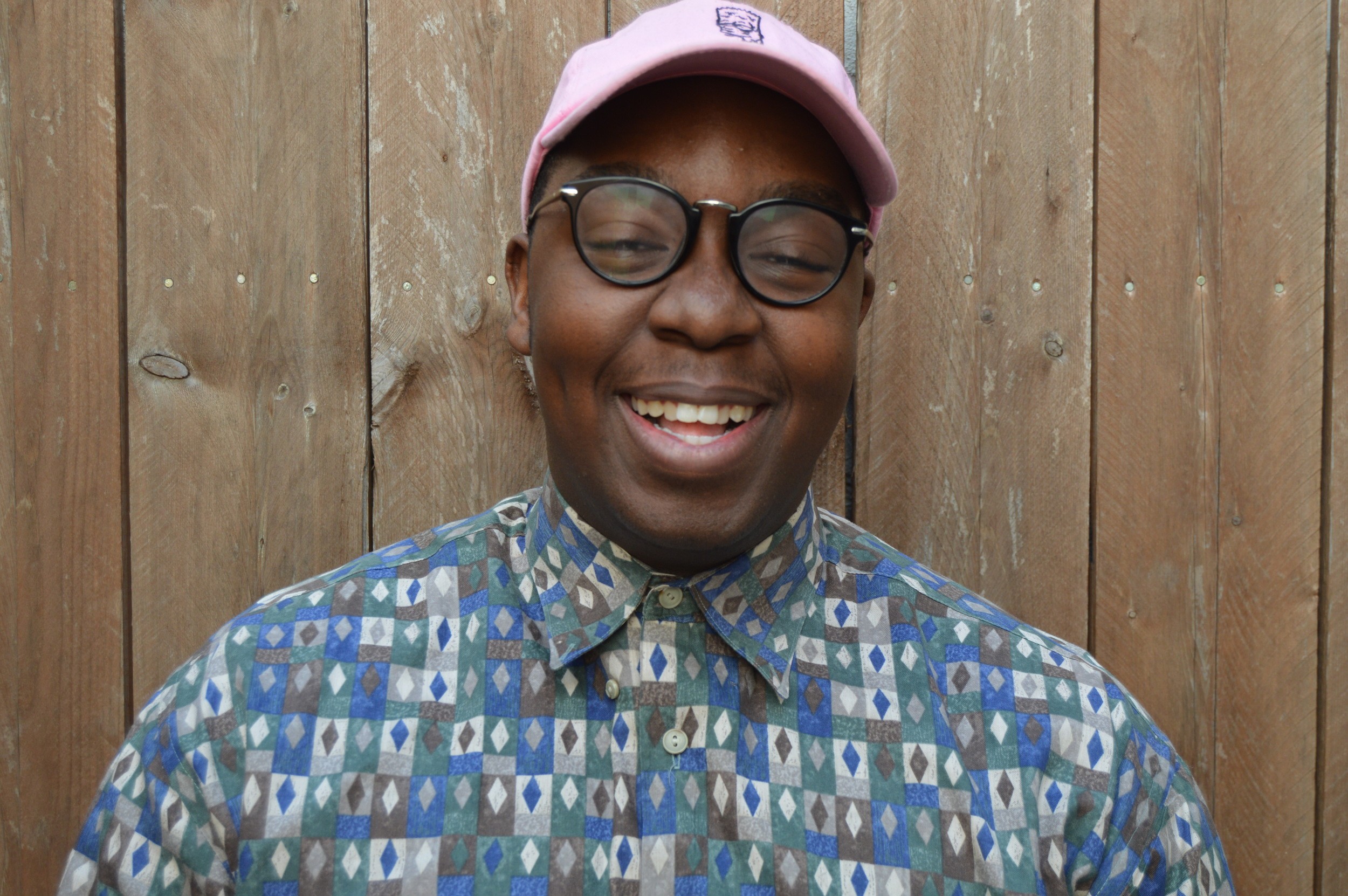For many Americans, reality television is where serious content lays on its deathbed.
Superficial, manufactured, and overdramatized, it appeals solely to the lowest levels of our stimulation: our base desire to see explosions in all of its definitions. This affinity towards discourse and disaster has given us The Jersey Shore, The Real World, and, of course, the ubiquitous Keeping Up With The Kardashians.
Listen, I am neither a man morally sound nor pretentious enough to shame how any person chooses to relax in their limited free time but we can all agree that our current preoccupation with “let’s put a bunch of attractive people together in a house and see how many things or people they can break per hour” is much more fodder than featured content.
I’ve often had this idea that the problem with American television is that it has trust issues. With its audience, with its writers, with the media itself at times. If American television was a person, it would be a perpetual ninth grader, lost in the sea of an apathetic lunch hall, thinking the only way anyone will eat with her is if she makes herself all too consumable. Japanese media, however, sings a different tune. Where the western world requires a show to cater to the widest demographic possible, a key characteristic of Japanese media is how they lean into niche markets. From steampunk anime about human-eating titans to dramas about a high school boy and girl accidentally living in the same apartment, Japan’s marketing strategy has always struck me as more capitalistic than the US in the way they aim for any market, no matter how small or off-kilter.
Enter Terrace House; a reality show about nothing. At the beginning of each episode, we are greeted by six panelists, spread out across a taupe colored couch with warm lighting surrounding them, looking the same shade of comfortable a group of longtime friends would before their weekly wine night. Then one panelist, Ehara Yukiko, explains the humble intentions of the show: 3 guys, 3 girls, we gave them a [stunning] house and a couple cars. That’s it. Now we shall watch them eat beautiful food for a half hour.
And it’s amazing.
I came across the most recent season of Terrace House: Opening New Doors, by way of my sister, and I inhaled the 16 episode season in about 72 hours. The house members are average 20- and 30-somethings ranging from aspiring chefs to cover models. The differences in styles between this series and the US reality TV format are stark and, truthfully, took an adjustment period before I stopped questioning the pacing of the series. For example, there’s a lot of silence. Seriously. I mean whole 1 minute gaps in conversation in some cases. Also, the consistency that members talk out their disagreements with each other rather than act passive-aggressive (or plain aggressive), as if the capacity of young people to mediate themselves without fighting or flinging furniture is a normal coping mechanism to have at 21 years old. To top it off, the cinematography of the every episode deserves a golden globe nomination, at a minimum.
To get back to the The Real World comparison, it’s a deceiving one. Yes, there are young people in the house, there are cameras, and there are no scripts. But that’s where the similarities end. Unlike The Real World, and other shows built like it, the focus is not on combustible personalities or high tensions. In fact, there seem to be hyper-attentivenesses given to the mundanity of Japanese casual life. Most of Terrace House is comprised of the members sitting around tables talking about their dreams or gossiping about their dates with each other. On paper, it all seems very boring but quickly you become extremely invested in the success of these 6 young adults, you begin to identify with them.
This leads me to believe that Japanese producers know something we don’t. Or American producers know it as well but refuse to admit it. Humans are intrigued by human beings existing in everyday life. At all turns, we are compelled by the need to empathize with each other and take pleasure in observing the lives of other people especially when they are average. So why isn’t there a Terrace House-like show in the United States? It leads back to the trust issue idea I started with, American showrunners don’t believe we have that the stomach for the mundane.
In the attempt to appeal to the widest population, US reality TV dehumanizes all of its cast and distills them into their caricatures. The Jock, the pretty boy, the spoiled rich girl, they’ve traded the idea of peeking into the minds of real people, with lives as fragile as ours for stock characters of an old novella, with personas able to be crafted into consistent, neat, but wild narratives every week.
The irony, of course, is that the hypothetical point of Keeping Up With The Kardashians is that it is grounded in some sort of authenticity. Instead, what most people tune in for is a weird hybrid soap opera where occasionally repercussions reverberate into the next day but never enough to disrupt next week’s episode.
Another interesting facet of Terrace House is how it uses camera angles compared to its American counterparts. Their decision to often use close shots that prioritize speaking characters is the opposite of the common practice of American reality television, that opts for impersonal wide shots or shaky handheld shots that make the audience feel like a “fly on the wall” rather than an invisible cast member. This difference shows the basic mission statement of both formats; being intimate vs. being invasive.
As Eater columnist Jenny Zhang wrote:
“The show is a quiet study in human behavior and how we relate to one another, from “nice to meet you” to cooking together to holding hands to tearful goodbyes. Since the whole series revolves around those small moments and nuances sprinkled throughout everyday routines, you might find yourself becoming hyper-aware of the tiniest shifts in dynamics and behavior. It’s captivating in the way nature documentaries often are. You’ll grow to root for these people, not just in their romantic lives, but also as they pursue their professional goals, find independence, and grow as adults.”
To that sentiment, Terrace House serves as a redemption or, at least, a personal epiphany, for me.
The epiphany that there is a logic in my attraction to reality shows, I have a craving for human connection. I, like many other people who consume media, are addicted to the feeling of being related to. I want all of the house residents to be my friends because they’re already like my friends. Young, bumbling, lost both in their careers and romances, but still determined to find time to play Jenga with each other.
______________________________________________________________________________________________
Tayo Omisore is a poet, singer-songwriter, filmmaker and now graduate of the University of Maryland. He is currently somewhere forgetting to drink water. You can hear more of his ramblings about black life on Twitter.
Want to get Black Nerd Problems updates sent directly to you? Sign up here!
Follow us on Twitter, Facebook,Instagram, Tumblr, YouTube and Google+?







Show Comments